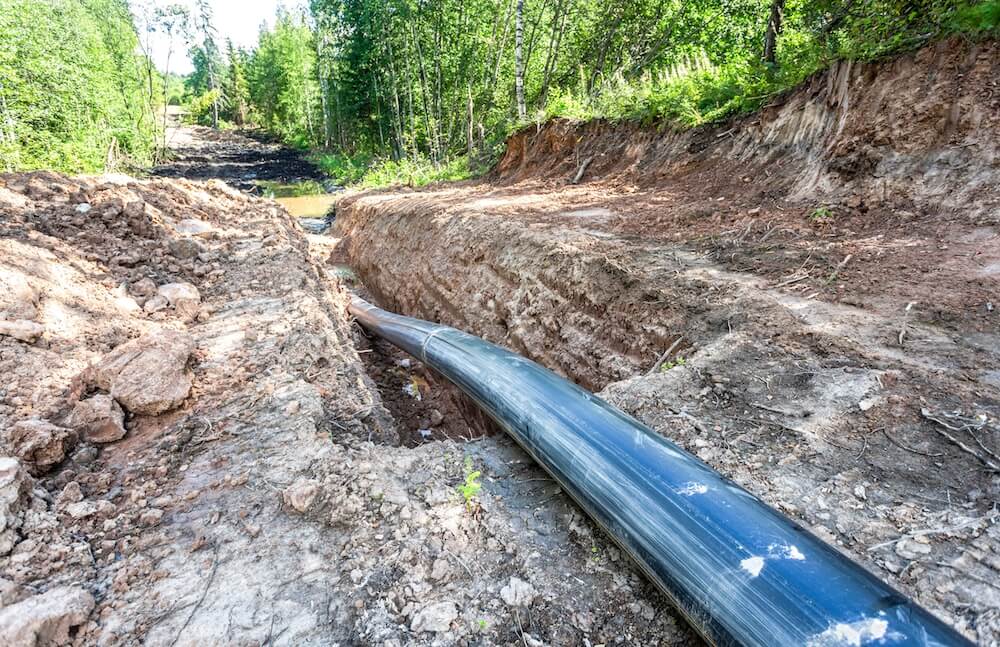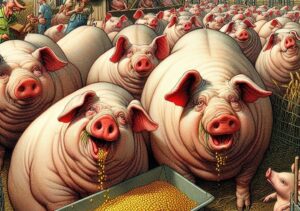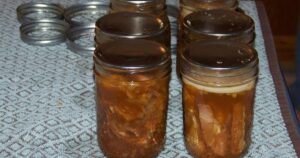
shutterstock 2239569871 1.jpg
Water and gas supply are the two most common purposes of a pipeline network in any country. Typically, natural gas transportation relies heavily on underground pipes buried deep in the soil, However, the pipe infrastructure has been in use for many decades in many regions and is aging faster posing severe dangers to human life and climate. For instance, a ruptured pipeline is believed to be the primary cause of a series of gas explosions that occurred in Taiwan in the year 2014, taking the lives of at least 25 people.
On the other hand, to ensure a clean water supply and easy maintenance above-ground concrete pipe systems have been installed in many cities worldwide. However, extreme temperature changes can endanger pipeline integrity and lead to incidents of pipeline bursts, causing waste of millions of liters of water and inconvenience.
Traditionally, copper, cast iron, steel, and concrete pipelines were used for gas and water supply. However, the potential safety threats and high costs of these materials made high-density polyethylene (HDPE) pipes an ideal choice for gas and water supply systems. These pipes offer many advantages over traditional materials and ensure increased safety and durability.
This article will discuss the benefits of using HDPE pipes in gas and water supply and how HDPE pipe manufacturers can expand their businesses to serve a larger customer base.
Top 5 benefits of HDPE pipes for gas and water supply
Durability and longevity
HDPE pipes can withstand extreme temperatures and pressures and are resistant to corrosion, chemicals, and environmental factors such as UV rays.
Flexibility and low-maintenance
HDPE pipes are flexible, which means they can be easily bent to fit the contours of the ground, eliminating the need for joints and reducing the risk of leaks. They can also be installed in a variety of terrains including rocky or hilly areas to ensure supply to remote parts as well. Unlike traditional materials, they do not require regular cleaning or painting and therefore, reduce operational costs.
Cost-Effective
HDPE pipes have a longer lifespan than other materials, which means that they do not need to be replaced as frequently. An average HDPE pipe has a life expectancy of 50 years, but it can sustain for over 100 years with minimal damage.
Environment-friendly
HDPE pipes are made from non-toxic materials and do not release harmful substances into the environment when exposed to chemicals present in natural gasses. They are also recyclable and can be used again without causing any adverse effects on nature.
Reduced Leakage
HDPE pipes are less susceptible to leakage than other types of pipes. They have a fused joint system that creates a seamless, leak-free connection between pipes and can ensure zero leaks due to their strength and seamless design.
Of course, HDPE pipes have many other advantages making them a supreme, cost-effective alternative to other pipe systems.
Why should HDPE pipe manufacturers leverage the popularity?
As water and gas supply businesses realize the importance of leveraging HDPE pipes, there is a growing demand for these pipes. By 2030, the HDPE pipes market is expected to grow at a CAGR of 5.7% to US $28.72 billion with agriculture, water network, and oil & gas pipeline taking the maximum stake. This growth factor lends HDPE pipe manufacturers a golden opportunity to produce high-resistance and superior-quality pipelines for water and gas supply to industrial and residential purposes.
Here are some ways in which HDPE pipe manufacturers can benefit from the increased demand for their products:
- Increased revenue due to lower cost of production.
- Innovation opportunities to include new-age technology without compromising on quality.
- Growing residential construction, especially in North America and Mexico.
- Fewer risks are involved due to high resistance to dust, stones, sharp objects, and chemical reactions.
- Reduced storage costs due to the lightweight material and flexible design of the pipes.
Choose DRTS for adopting an efficient HDPE Pipe Production Line
Offering end-to-end turnkey production lines for PE pipes, DRTS aims to be a complete partner for pipe manufacturing businesses. We offer a wide range of extrusion lines for pipes ranging from ¼” (6mm) – 25” (630mm). DRTS offers Multi-layer pipe production lines with the most advanced technology to assure high efficiency, high accuracy, and top-quality pipe production. Along with Turnkey lines we also offer standalone equipment to customers who want to upgrade existing production lines. Examples of such equipment include, but not limited to:
- Single screw extruder machine
- Die Heads (Single-Double-Triple Layer)
- Vacuum and cooling tanks
- Haul off (Puller) Machine
- Cutter Machine
- Coiler Machine (Semi and Fully Automatic)
- Tipping Tables
If you’re looking for a reliable and expert partner to kickstart or upgrade your HDPE pipe manufacturing business, get in touch with us. With a free consultation, we can help you set up and optimize your robust, and long-lasting pipe manufacturing unit to help you grow your business.
Source link
2023-03-10 03:24:42
Originally posted 2024-06-28 09:15:26.
Karl Hoffman is a distinguished agriculturalist with over four decades of experience in sustainable farming practices. He holds a Ph.D. in Agronomy from Cornell University and has made significant contributions as a professor at Iowa State University. Hoffman’s groundbreaking research on integrated pest management and soil health has revolutionized modern agriculture. As a respected farm journalist, his column “Field Notes with Karl Hoffman” and his blog “The Modern Farmer” provide insightful, practical advice to a global audience. Hoffman’s work with the USDA and the United Nations FAO has enhanced food security worldwide. His awards include the USDA’s Distinguished Service Award and the World Food Prize, reflecting his profound impact on agriculture and sustainability.





Asmongold vs. Elon Musk — Tesla’s self-driving mode: making my drive a gaming experience.
Why did the farmer start a band? He had the best hay-notes!